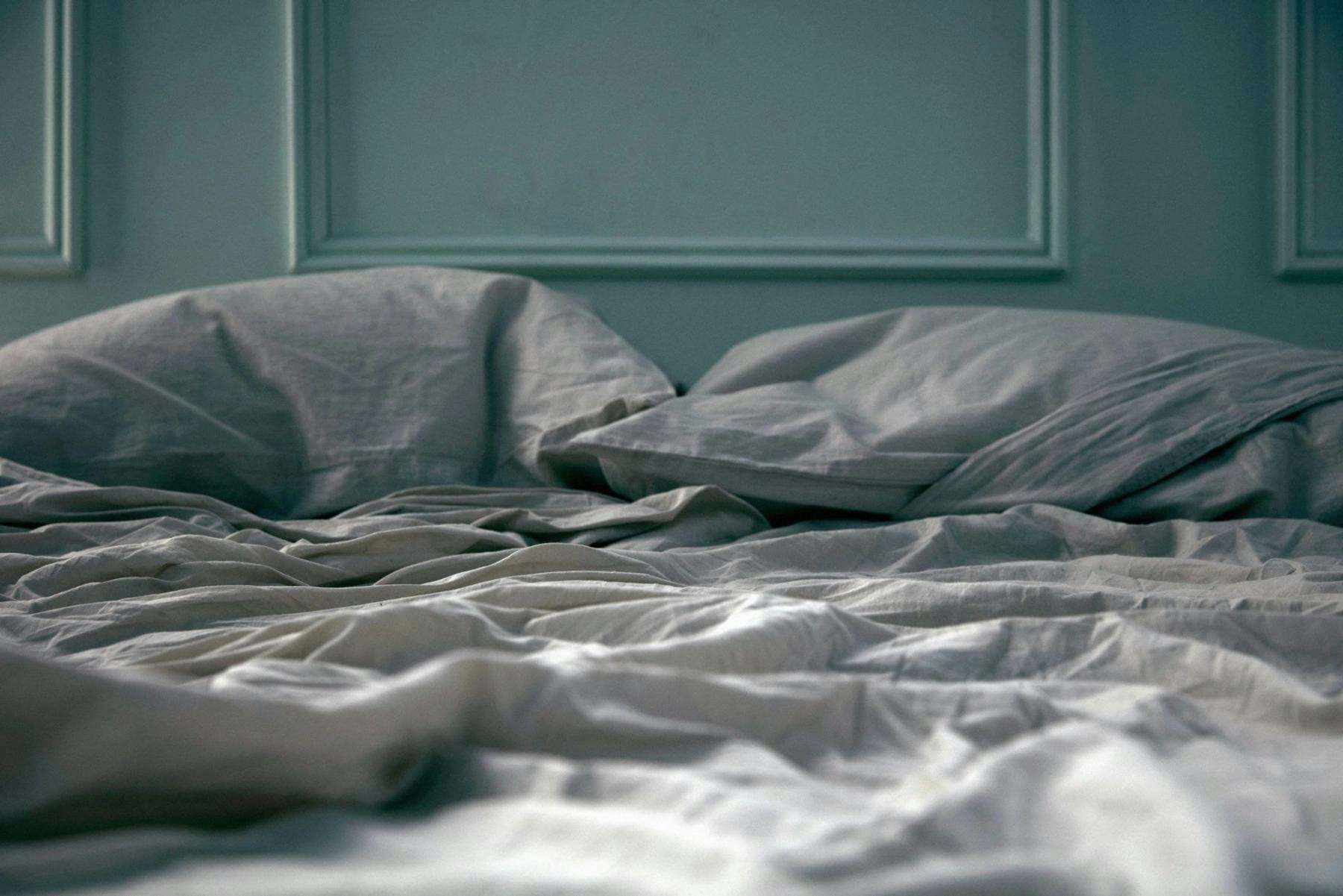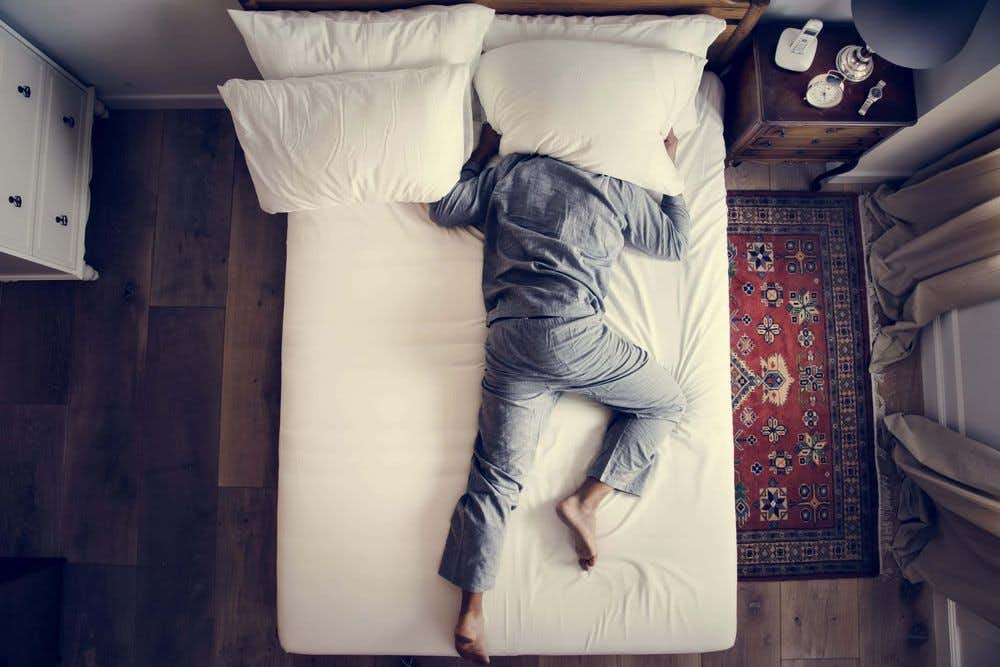October 8th, 2018

Do you ever find yourself unable to concentrate? Are you having a hard time falling asleep at night? You may be struggling from restlessness. To define restlessness, it may be helpful to understand synonyms of restlessness, like uneasiness, tenseness, nervousness, and edginess. You may have heard a couple of these terms before. These are all words used to describe the inability to relax or find peace. The definition of restless is the adjective of restlessness. Being restless is a way to describe a constant activity or motion where there is no physical or emotional rest. There is a difference between restlessness and terminal restlessness. Terminal restlessness usually occurs at the end of your life. It is a form of delirium in which a person shows signs of physical, emotional, or spiritual restlessness, as well as anxiety, agitation, and cognitive decline in the days leading to death. Not everyone who is near-death experiences terminal restlessness. Terminal restlessness can be caused by cancer treatments, medications, organ failure, medical problems, or an emotional response to dying.
There is no single cause for restlessness. It can vary depending on the person and their situation. Restlessness can be attributed to insomnia, distractibility, tremors, or physical sensations that can be uncomfortable. Certain medications due to their stimulant effect may cause restlessness. Restlessness can also be caused by boredom or related to anxiety, specifically an anxiety disorder. You may be sitting in your writing class and recognize that you're restless. This could be because you are not being stimulated enough and are bored. It could also be the case that something about being in the class is causing you anxiety, and consequently restlessness.

Restlessness is not permanent. There is a way to relax and find peace with the usage of coping skills and identifying what is triggering your restlessness. The two of these combined can decrease your experience of restlessness or stop it altogether. If your restlessness is caused by medications you are taking so it is important to speak with your doctor. You may need a change in dosage or switch prescriptions. Do not take it upon yourself to change your prescription in any way without first speaking with your doctor. If your restlessness is caused by uncomfortable physical sensations in your limbs, it is also important to seek advice from your doctor to determine where the pain is coming from. In the meantime, physical practices like yoga or warm baths may relieve the pain. Reducing your caffeine intake as well as physical exercise is also a way to decrease restlessness, specifically if you have a hard time falling asleep. Physical exercise can relax the mind and body, making it easier to relax. Creating a space that is peaceful in your life or simply having a space that brings you peace is important. Whether it is a park you enjoy visiting or a room in your house that brings your comfort, make sure you spend time there. Life has the tendency to move fast and seldom allows us to slow down and as they say “smell the roses.” Make it a priority to find tranquility in your life to avoid the experience of restlessness.

On the other hand, if your restlessness stems from boredom discover ways to captivate your mind. You may be lacking excitement or challenging experiences in your life. This may leave you feeling restlessness due to this sense of unfulfillment. If your anxiety is the reason for your restlessness, discovering the root of your anxiety can decrease your restlessness. Restlessness is the symptom of something larger. If your anxiety is attributed to worries about money or sick family members, you may not be able to change that, but you can control how you respond to your anxiety. Whether it’s taking deep breaths, meditation, journaling, listening to guided meditations, using art (drawing for example), or the use of phone apps like Headspace. These are all ways to alleviate anxiety. For more phone app options to help relieve anxiety visit: https://www.healthline.com/health/anxiety/top-iphone-android-apps. If your anxiety is so disruptive to your life that you are in a constant state of restlessness, reach out to your doctor for help. For more information on terminal restlessness visit: https://www.verywellhealth.com/terminal-restlessness-1132271.
Our Services
Virtual/Online CarePHP and IOPAdult PsychiatryChild & Adolescent PsychiatryAdult TherapyChild & Adolescent TherapyCouples CounselingFamily TherapyGroup TherapyPsychological TestingTranscranial Magnetic Stimulation (TMS)